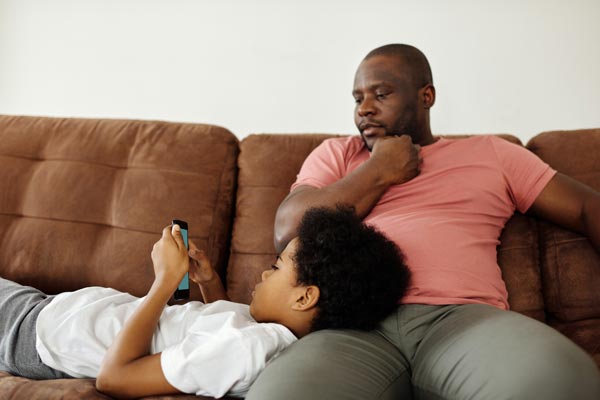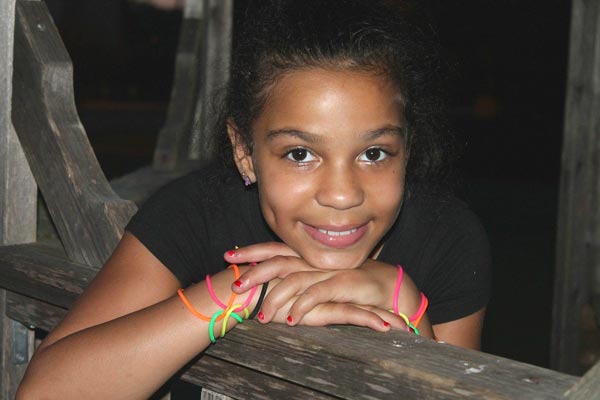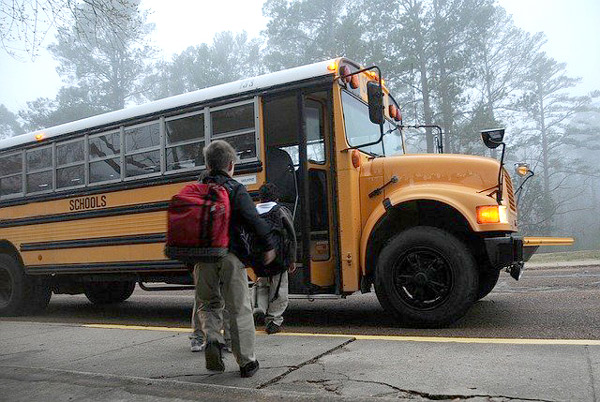
Pandemic Slide – Is That Really a Thing?
June 30, 2020
Returning to “Some” Normalcy
July 15, 2020
Last week I wrote about the academic impact the extended school closures are having on our children. While this is a valid and worrisome issue, many experts suggest we should also focus some of our concerns on the emotional impact the increased isolation is having as well. In fact, I think that the emotional toll this extended time in isolation is having on our children may be even longer lasting and more detrimental than the academic impact.
It is certain that any given situation can affect individuals differently, and this is no less true for children during this time of such uncertainty. As Hannah Sheldon-Dean from the Child Mind Institute discusses, some children will experience trauma while many more will experience an adjustment disorder and associated anxiety.
Anxiety seems to be an ever-increasing constant in our children’s lives, but the extreme nature of circumstances surrounding COVID-19 may be creating an environment in which children will have even more difficulty processing the world around them. Some of the most prevalent factors I have observed contributing to the increased anxiety seem to be:
- Isolation from peers, friends, and loved ones: Even though we have remarkable technology that has allowed us to stay in contact with one another, it is just not a substitution for real one-to-one human interaction. I believe that this then creates anxiety and fears surrounding the expectations of how that next human interaction will carry out.
- Worry about the unknown: Because there are so many variables, this unknown can be particularly worrisome to children who need concrete answers to make sense of the world around them.
- Fear of transitioning back to school or into a routine: After such an extended period of time away from the social scene, many children, especially those who struggle with school, may have fears surrounding the process of going back to school. This may be experienced as fears about social interactions, academic readiness, and safety of the school in terms of health.

Perhaps something to keep in mind as well is that these fears and anxieties are not specific to younger children. We will most likely see these difficulties of adjusting in our middle school and high school students. How our schools prepare for this eventuality and what we, ourselves, can do will be my next topic of discussion.
Blogger Lisa Bruns, M.Ed., Special Education, shares her expertise of students with learning disabilities. As a special educator, she has expert knowledge of interventions and accommodations that students may need to succeed in and out of the classroom. If you have questions, please contact Center Director Lisa Bruns at .



